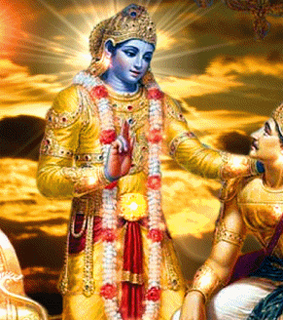vij~nAna
Shankara differentiates what might be called ‘ordinary’ or ‘intellectual’ knowledge (j~nAna) from ‘transformative’ knowledge (vij~nAna). The knowledge becomes transforming – i.e. making it efficacious in conveying the status of jIvanmukti – when the gaining of it has been preceded by successful sAdhana chatuShTaya sampatti. In his bhAShya on muNDaka upaniShad 2.2.8, he says:
“Wise, discriminatory people (dhIrA) see through vij~nAna; vij~nAna is a special (vishihtena) knowledge (j~nAna), born out of the teaching of shAstra and AchArya (shAstra AchArya upadesha janitam), and received in a specially prepared mind, born (udbhutena) out of total detachment (vairAgya), having control of inner and outer organs (shama and dama), and which is therefore capable of upAsanA to begin with and later of nididhyAsana which together are called meditation (dhyAna). Through such a vij~nAna, wise people realize that the nature of the Atman (Atmatatvam) is non-different from the nature of Brahman (brahmatatvam)…” (Ref. 10)
‘Who am I?’ in communication
Who are we speaking of when we use the words ‘I’ and ‘you’ in writing and speech?
Since we are Advaitins, there are actually three possibilities:
- ‘I’ could mean Atman/Brahman, if used from the ‘as if’ pAramArthika viewpoint;
- ‘I’ could mean the reflected Consciousness (chidAbhAsa);
- ‘I’ could mean the usually understood ‘named person’.




